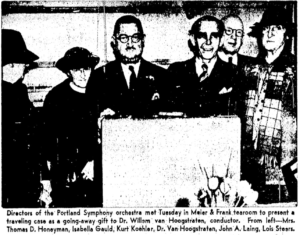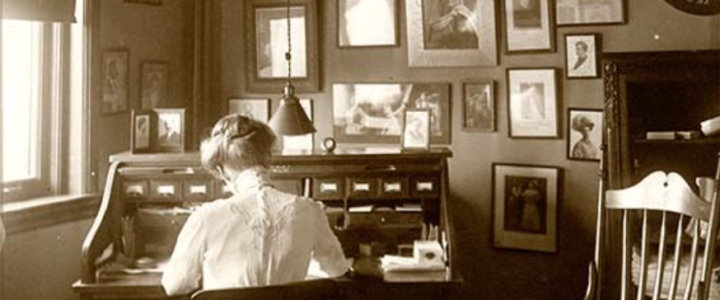Fun Fact #77 Who was the first woman in the United States to manage a series of musical concerts, bringing international talent to cities across the Pacific Northwest from 1902 to 1936?
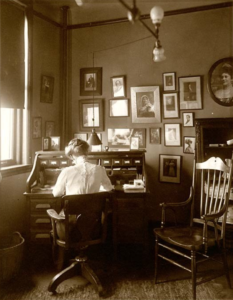
Lois Steer, a trailblazing impresario and visionary in the world of music, was the first woman in the United States to manage and promote musicians and musical concerts on such a grand scale. From 1902 to 1936, Steer transformed Portland, Oregon, into a cultural epicenter. She arranged world-class performances across the Pacific Northwest, from Oregon to Utah, Idaho, Washington, Montana, and British Columbia- all from her Portland business. According to the press, she handled hundreds of distinguished artists during her tenure, presenting them to eager audiences in both large and intimate venues.
Born into the Steer family in 1882, Lois moved with her parents to Portland, Oregon, at the age of thirteen. Early on, she showed great promise as a gifted singer, and she continued her musical training in New York City. By the time she returned to Portland in 1901, she was ready to embark on a new path—not as a performer, but as an impresario. 1902 was a pivotal year showing that she had the skills needed to flourish; she presented Lillian Nordica, one of the leading sopranos of the era, to a packed house in Portland, marking the beginning of her remarkable career.
Nathan Simon House – 2144 NW Flanders Street
Steer’s early residence in Portland was in Nob Hill, at the Nathan Simon House – 2144 NW Flanders Street—an elegant 1880s structure that matched her growing stature. She was a woman who defied the norms of her time, carving out a successful career in an industry dominated by men. While some researchers have speculated that Steer may have shared certain personal traits with another prominent Nob Hill resident, Mary Couch, no one could deny that Lois’s achievements spoke volumes. She maintained an air of mystery about her personal life, keeping it out of the gossip columns while cultivating an atmosphere of discretion that made her beloved by artists. (This location is included on our Women of Nob Hill Tour)
Stars like Fritz Kreisler, Ernestine Schumann-Heink, and members of the New York Symphony and Chicago’s Grand Opera Company all found themselves in Portland thanks to Steer’s keen eye for talent and her impeccable ability to create unforgettable performances. She was a master at navigating the complexities of the music world, fostering a reputation as one of the most professional and dependable managers in the business.
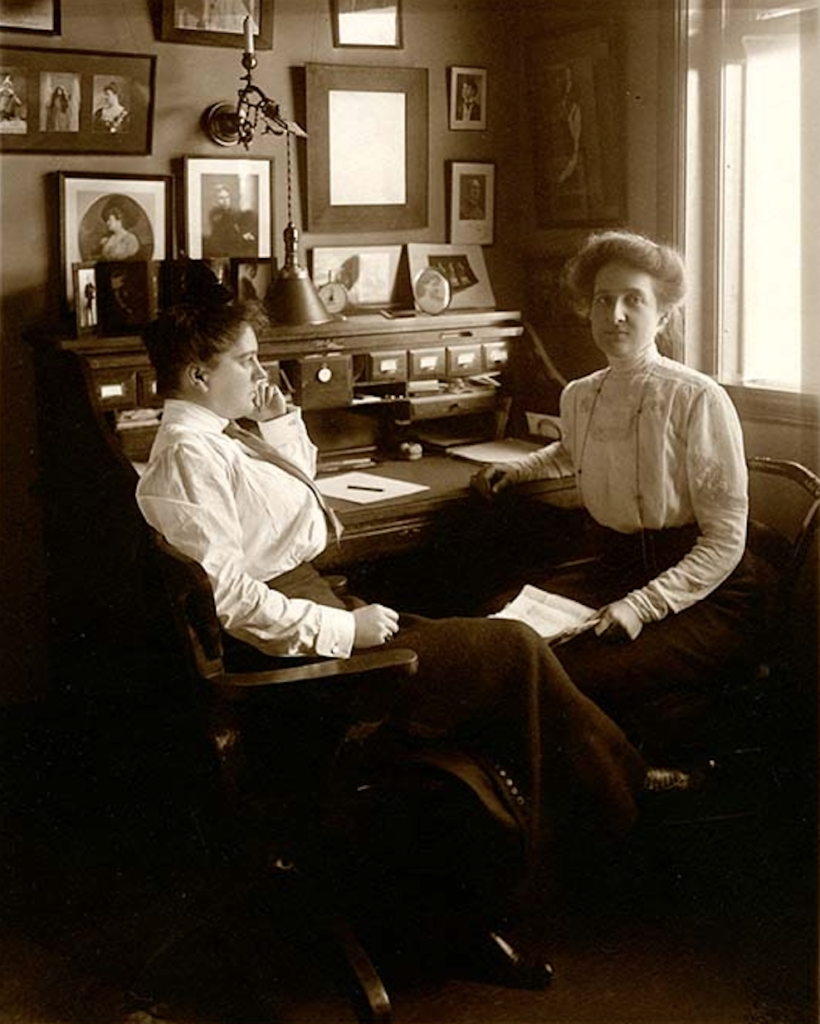
In 1904, Steer joined forces with Wynn Coman, a strategic partnership that would propel her career even further. As the city of Portland experienced rapid growth following the 1905 Lewis and Clark Exposition—whose success brought national attention to the city—Steer and Coman became a symbol of cultural excellence. They set a new standard at the Marquam Grand Theatre, and later the Heilig Theatre, both renowned for presenting only the best in music, and attracting Portland’s most refined audiences. Their influence extended far beyond the stage, reshaping Portland’s cultural landscape in ways that are still felt today.
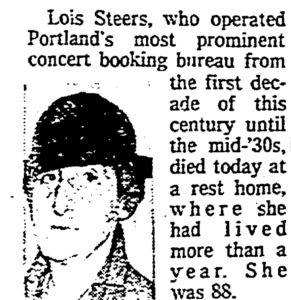
But Steer’s legacy was not just in her remarkable ability to manage these extraordinary performances; it was also in the way she navigated the industry’s often harsh realities as a woman. When she retired in 1936 after three decades of breaking barriers, she famously declared, “I have never taken refuge behind my sex. I got into a man’s game and I asked [for] no consideration because I happened to be feminine.”
Lois Steer’s legacy as an impresario endures, not only for the incredible talent she brought to Portland, but also for the indomitable spirit with which she navigated a man’s world, forever changing the cultural landscape of the Pacific Northwest and leaving a lasting mark on the music industry at large.
